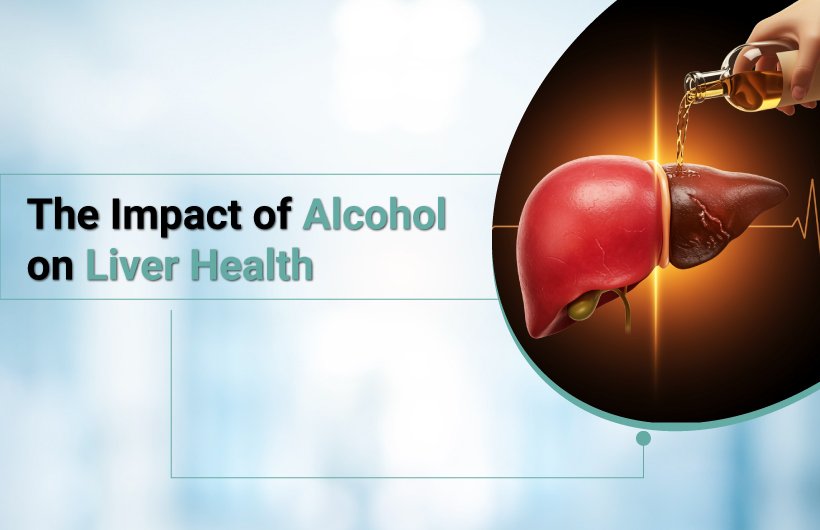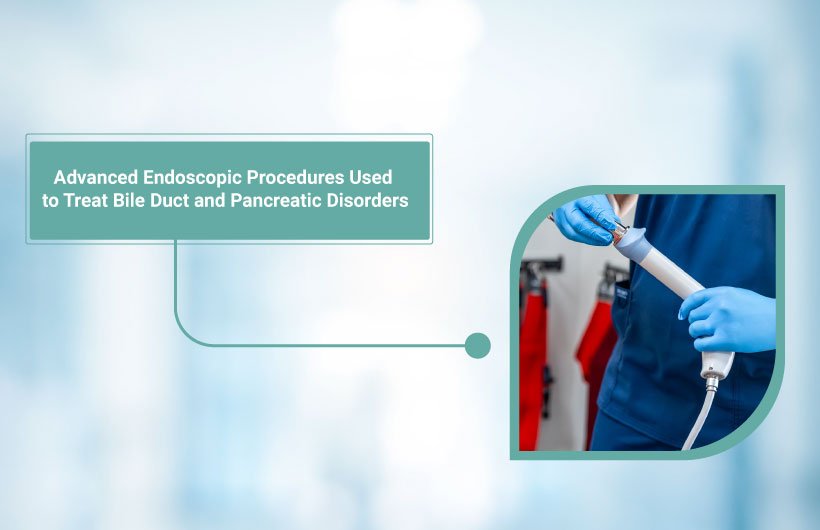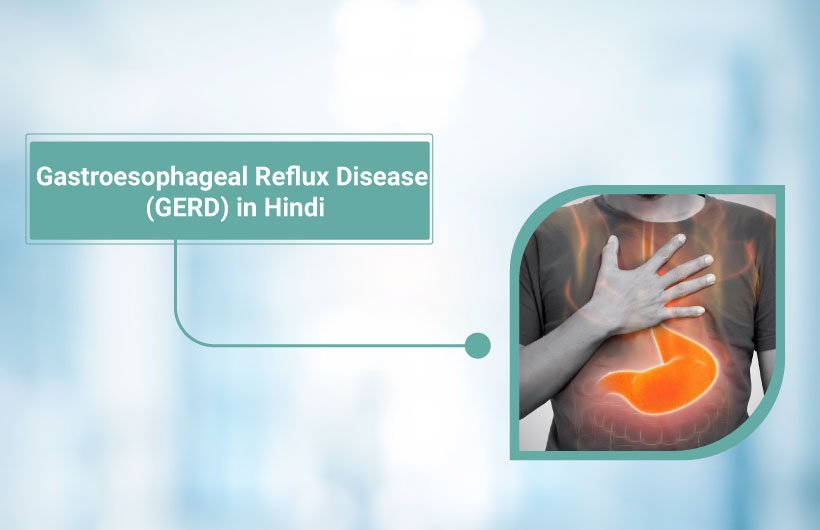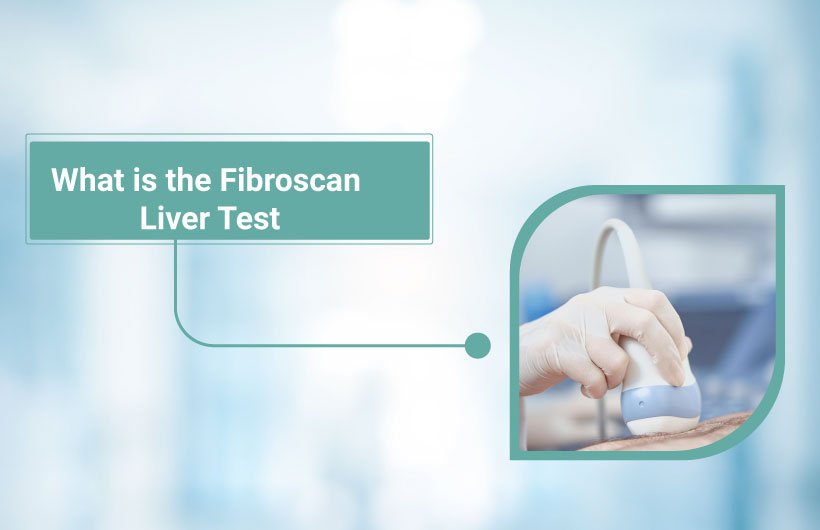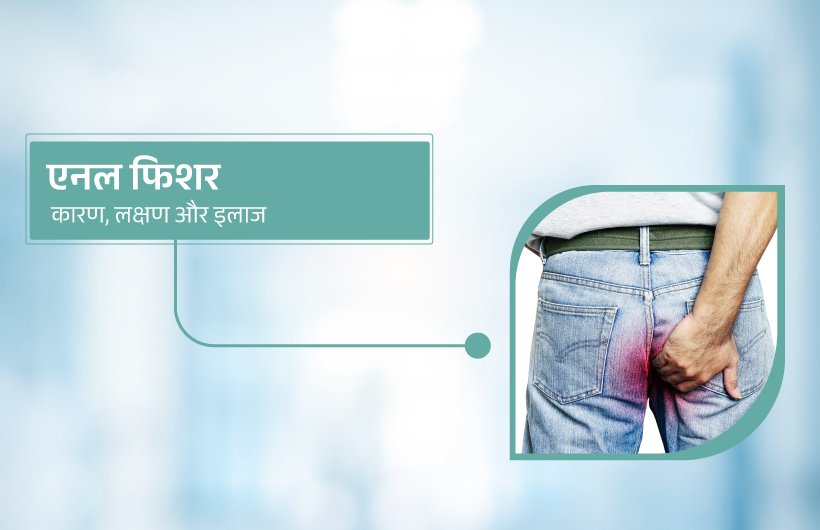The liver is one of the most vital organs in the human body, playing a central role in detoxification, metabolism, and nutrient storage. Often referred to as the body’s chemical processing plant, the liver works tirelessly to filter toxins from the bloodstream, produce essential proteins, and aid digestion. Given its importance, maintaining liver health is crucial for overall well-being. Neglecting liver care can lead to the development of a liver disorder, which may affect multiple body systems.
One of the most significant threats to liver health is alcohol. While moderate consumption may not immediately cause harm, chronic or excessive alcohol intake can have devastating effects on liver function. Understanding the impact of alcohol on liver health is key to prevention and early intervention. A liver specialist can provide guidance on lifestyle changes and treatment options to protect and support liver function.
How the Liver Processes Alcohol
When you consume alcohol, your liver kicks into gear to metabolise and eliminate it. The liver uses enzymes, primarily alcohol dehydrogenase (ADH) and aldehyde dehydrogenase (ALDH), to break down ethanol into acetaldehyde (a toxic compound) and then into acetate, which is eventually turned into water and carbon dioxide and expelled from the body.
However, the liver can only process a limited amount of alcohol per hour. When alcohol consumption exceeds this rate, excess alcohol circulates in the bloodstream, affecting other organs and placing immense stress on the liver. This continuous burden hampers the liver’s ability to perform its other critical functions.
Short-Term Impact of Alcohol on the Liver
Even occasional drinking can temporarily affect liver function. Some common short-term effects of alcohol on the liver include:
- Dehydration and Fatigue: Alcohol causes dehydration, which can reduce liver efficiency and lead to fatigue and sluggishness.
- Metabolic Disruption: The liver’s focus shifts to metabolising alcohol, slowing down other vital processes like fat metabolism and glucose regulation.
- Enzyme Elevation: Liver enzymes such as ALT and AST may spike after drinking, indicating stress or injury to liver cells.
Though these effects may reverse with short-term abstinence, repeated episodes gradually lead to long-term liver damage.
Long-Term Effects of Alcohol on Liver Health
Chronic alcohol consumption can lead to progressive liver damage. Here’s how the liver deteriorates over time:
- Fatty Liver (Alcoholic Steatosis)
This is the earliest stage of liver damage from alcohol. Excessive alcohol intake causes fat to accumulate inside liver cells. Fatty liver from alcohol often has no symptoms, but it’s a warning sign.
Good news: This condition is reversible if alcohol consumption stops and a healthy lifestyle is adopted.
- Alcoholic Hepatitis
If drinking continues, inflammation sets in. This stage, known as alcoholic hepatitis, can cause symptoms like abdominal pain, fever, jaundice, and nausea. In severe cases, it can be life-threatening.
Treatment involves immediate cessation of alcohol and medical intervention. With early diagnosis, recovery is possible, but the risk of permanent damage increases.
- Cirrhosis
Cirrhosis is the most severe and irreversible form of alcoholic liver disease. It involves permanent scarring of the liver tissue, leading to loss of function. Cirrhosis can lead to liver failure, internal bleeding, and, importantly increase the risk of liver cancer.
At this stage, liver transplant may be the only option. Prevention and early treatment are key to avoiding this life-threatening condition.
Warning Signs of Liver Damage from Alcohol
Early-stage liver disease can be silent. However, as damage progresses, symptoms may appear, such as:
- Persistent fatigue or weakness
- Loss of appetite and weight loss
- Abdominal pain or swelling
- Swelling in the legs and ankles
- Yellowing of the skin or eyes (jaundice)
- Confusion or mental fog
- Nausea and vomiting
Recognising these signs early and seeking medical help can make a significant difference in treatment outcomes.
Risk Factors That Worsen Alcohol’s Impact
Not everyone who drinks heavily develops liver disease, but certain factors increase susceptibility:
- Genetics: Some individuals have a genetic predisposition to metabolise alcohol inefficiently, increasing liver damage risk.
- Poor Diet: Nutritional deficiencies, especially in protein, vitamins, and antioxidants, can worsen liver stress.
- Drinking Pattern: Binge drinking causes more acute liver stress than moderate, spaced-out consumption.
- Gender: Women are more vulnerable to alcoholic liver disease, even with lower alcohol intake.
- Pre-existing Liver Conditions: Hepatitis B or C, non-alcoholic fatty liver disease, or autoimmune liver disorders compound alcohol’s effects.
Understanding these risks can help individuals make informed choices about alcohol consumption.
Can Liver Damage from Alcohol Be Reversed?
The liver has remarkable regenerative abilities. In early stages, like fatty liver or mild alcoholic hepatitis, stopping alcohol can allow the liver to heal completely.
Recovery Requires:
- Total Abstinence: Continued drinking, even in small amounts, halts healing.
- Medical Supervision: Some cases may require medication to reduce swelling or manage complications.
- Nutritional Support: A high-protein, nutrient-rich diet supports liver recovery.
Unfortunately, once cirrhosis sets in, the damage is permanent. However, lifestyle changes can slow its progression and improve quality of life.
Tips to Protect and Support Liver Health
Protecting your liver is not just about avoiding alcohol, it’s about overall care. Here are some evidence-based liver health tips:
- Limit or Avoid Alcohol
If you drink, do so in moderation:
- For men: No more than 2 drinks per day
- For women: No more than 1 drink per day
For those with liver conditions, complete self-control is crucial.
- Stay Hydrated
Water supports detoxification and helps flush toxins out of your system. Aim for 8-10 glasses a day.
- Eat a Liver-Friendly Diet
Include:
- Leafy greens, berries, and cruciferous vegetables (like broccoli)
- Healthy fats from nuts, seeds, and avocados
Avoid processed foods, sugary drinks, and excessive salt. - Whole grains, legumes, and lean proteins
- Exercise Regularly
Physical activity helps prevent fatty liver and supports metabolic health. Aim for 30 minutes of moderate exercise most days.
- Consider Natural Remedies (with Caution)
- Milk Thistle: Contains silymarin, an antioxidant believed to support liver cell repair. Evidence is mixed but promising.
- Antioxidants: Vitamins E and C may help reduce oxidative stress in the liver.
- Turmeric: Known for its anti-inflammatory properties.
Always consult a healthcare provider before starting supplements.
- Get Regular Liver Function Tests
Routine blood tests can detect early signs of liver stress. If you drink regularly or have a family history of liver disease, regular check-ups are vital.
Conclusion: Prioritize Your Liver, Prioritize Your Life
The impact of alcohol on liver health is significant and often underestimated. From temporary enzyme spikes to life-threatening cirrhosis, alcohol poses a serious threat to the liver’s delicate balance. The good news is that with awareness, timely intervention, and lifestyle changes, liver damage can often be reversed or even prevented.
Your liver works around the clock to keep you healthy. Let’s return the favor by monitoring alcohol intake, embracing liver-friendly habits, and getting professional help when needed.
If you or someone you know is experiencing signs of liver trouble, don’t wait. Consult a liver specialist in Ahmedabad and take the first step toward healing and health.
Dr. Varun Bajaj is dedicated to promoting liver health and providing compassionate care to individuals dealing with liver-related concerns. Schedule a consultation today to learn how to protect and support your liver for a healthier tomorrow.

